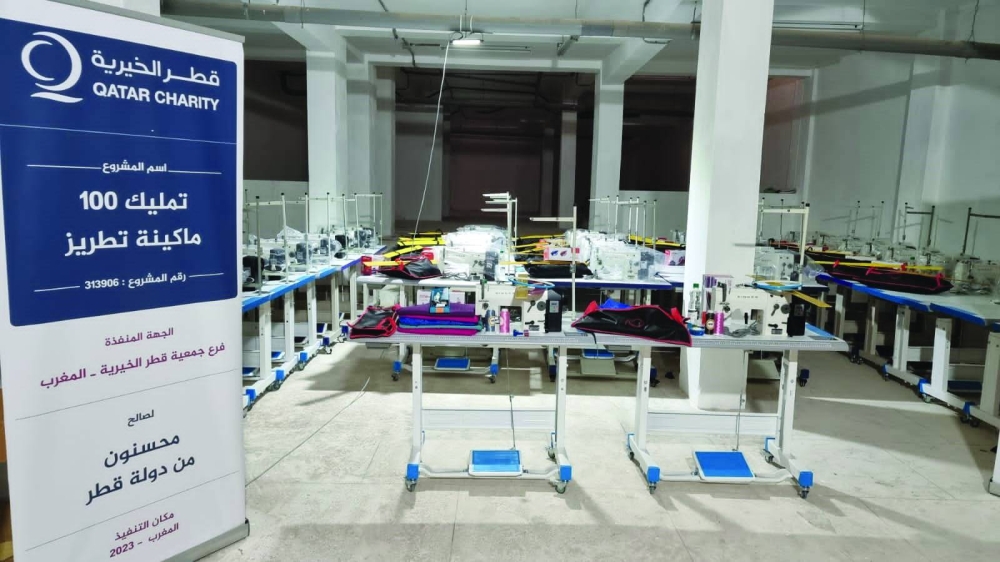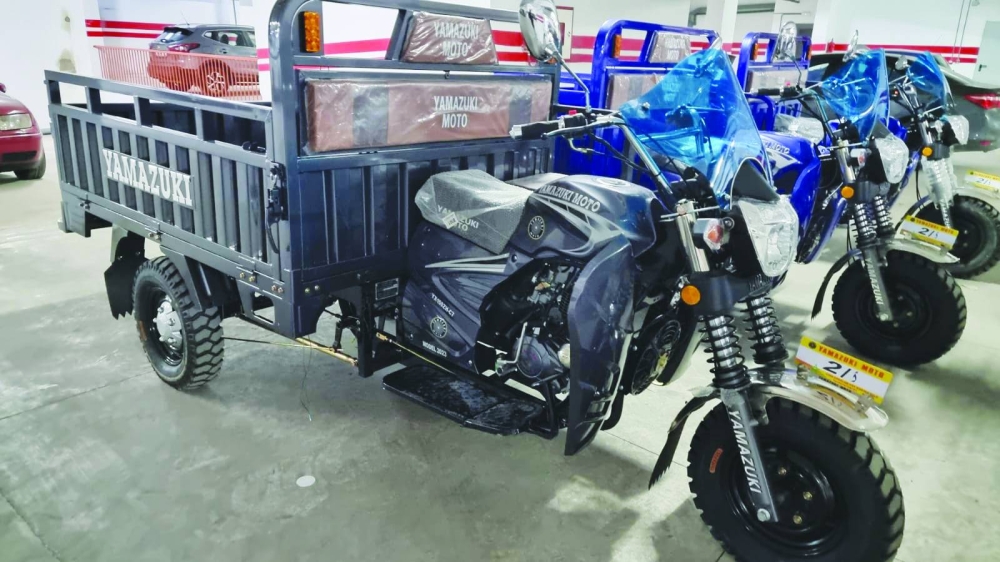A delegation from the Qatar Charity main office has recently implemented several income-generating projects in Morocco.
Abdulaziz Jassim Hajji, Director of Programmes and International Development Department, who supervised the activity, also laid the foundation stone for the Tangier Nursery Project.
The Tangier Nursery Building Project provides living, educational and health services along with shelter, comprehensive and integrated care for 40 children with mental, and intellectual disabilities.
The Qatar Charity delegation also visited the Mohamed VI Foundation for the Reintegration of Prisoners. During the visit, both institutions followed up and discussed the various programmes provided by the foundation.
Both parties also signed a partnership and co-operation agreement to maximise the impact of the programmes and services provided for the reintegration of prisoners through several joint projects in the field of economic empowerment.
The delegation also visited a dialysis hospital in the city of Ouazzane, wherein 10 dialysis machines were provided, including an electric (treatment) chair for patients with kidney failure, which is expected to enhance health services for patients and increase hospital capacity.
In the city of Chefchaouen, the team, in the presence of representatives of the local authorities, supervised the distribution of 220 heads of Alpine sheep, benefitting 44 poor families in the countryside and rugged mountainous areas. This would increase the value of milk production and its derivatives in the region and become a stable source of income for these families.
In the city of Tetouan, 100 sewing machines were distributed to workers skilled in the art of embroidery. The equipment is expected to secure a stable source of livelihood and contribute to the development of the textile sector in the region, as well as raise the quality of traditional products and to preserve traditional Moroccan art.
Six tricycles were also distributed to unemployed youth to facilitate transportation in remote, sprawling areas and provide decent living by enabling these families to rely on themselves to meet their basic needs and improve their income.

Some of the sewing machines that were given to workers skilled in the art of embroidery.

Six tricycles will benefit unemployed youth in the city of Tetouan.
